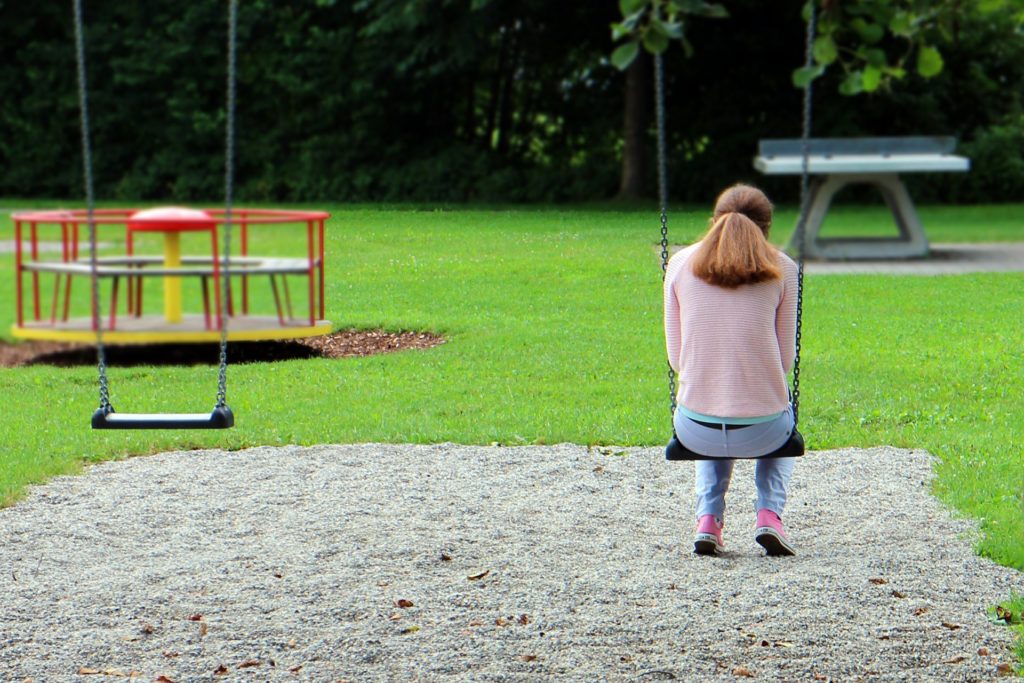Resources
You can’t do it alone. There are others who have been where you are.
Reach out for help navigating the impact of RAD on your family.
RAD Advocates
Guiding from experience. Leading for change.
Carrie O'Toole
Grief and Trauma support for adoptive parents and siblings.
RAD Talk with Tracey
Creating a better life for parents raising a child with RAD.
Lifespan Trauma Consulting
Impacting the impact of trauma.
Common Terms
Common terms used on this site and in the world of RAD can be challenging to understand. RAD and DTD are complex disorders with wide-reaching effects. Its impact on others in the family may take time to see and fully accept.
Reactive Attachment Disorder (RAD) or Developmental Trauma Disorder (DTD) is a brain disorder caused by abuse or neglect occurring in utero or during the first few years of life.
A significantly overactive amygdala – the area of the brain responsible for the primitive survival mode – results in the child continually believing their life depends on gaining control over others in their environment.
The brain becomes hardwired to perceive attachment as threatening causing the child to act against a primary caregiver.
Glass children are children with a sibling who takes up a disproportionate amount of parental energy. This can be a child with an obvious physical or emotional disability, it can be a child with an addiction, a serious illness, or significant behavioral issues, such as RAD or DTD.
The siblings of this child are called glass children because their overwhelmed parents look at them and rather than see their needs…look right through them.
Neurotypical describes individuals of typical developmental, intellectual, and cognitive abilities. A neurotypical person is an individual who thinks, perceives, and behaves in ways that are considered to be “normal” by the general population.
In other words, it’s used to describe individuals who do not have early developmental trauma, autism, or other hardwired brain differences.
Post-Traumatic Stress Disorder (PTSD) can occur in anyone experiencing or witnessing violence, verbal abuse, or other extreme stressful situations – particularly if it is ongoing or chronic.
A child with RAD or DTD pushes away their family through subtle actions such as manipulation, lying and triangulating family relationships. Some also act out with more overt behaviors such as aggressive tantrums, verbal abuse, theft or destruction of other’s property, and physical assaults.
Signs and symptoms typically include, but are not limited to:
- Avoidance of thoughts and feelings associated with the trauma including activities, individuals, and places associated with the trauma.
- Loss of interest in things once enjoyed and significant events. Detaching from loved ones.
- Anxiety over seemingly daily activities and emotions that seem to contradict each other.
- Intense distress when certain cues or “triggers” set off memories of the traumatic event(s). Trouble concentrating, along with feelings of irritability, and frustration over trivial events that did not bother you in the past.
- Nightmares and flashbacks – insomnia or oversleeping may occur. Possible heightened alertness or easily startled.
Therapies for RAD Sibs with PTSD
For more information, click below.
Suggested Videos
Others Like You
RAD Sibs Spotlight
Two young adults open up about life as RAD Sibs.
Sage's Story
RAD Sibs Spotlight
Sage shares about living with siblings with RAD.
Shari's Story
RAD Sibs Spotlight
Shari’s story of pain and healing provides encouragement to others.
Addie's Story
RAD Sibs Spotlight
Addie and her mom, Lauren, share their story of living with a child with RAD.
Crystal's Story
RAD Sibs Spotlight
Hear about the challenges Crystal has faced and what is helping her heal.
Johnny's Story
RAD Sibs Spotlight
Johnny, a sibling of RAD, offers encouragement to other siblings and families.
Explaining Reactive Attachment Disorder
RAD Sibs Spotlight
How to approach this conversation with the other children in your home.
Processing Your Feelings
RAD Sibs Spotlight
Help your neurotypical child process their emotions about their sibling with RAD.
When a RAD Child Leaves the Home
RAD Sibs Spotlight
How to talk with a neurotypical child about a RAD child leaving the home.
Trauma Bond
RAD Sibs Spotlight
Preventing trauma bonds from forming between RAD and neurotypical children in the home.
Related Videos
Glass Children
Alicia Arenas, TEDx
Attachment Disorder
Carrie O'Toole Ministries and Renowned Trauma Expert Forrest Lien
Siblings of RAD
Carrie O'Toole Ministries
RAD Families
Carrie O'Toole Ministries and RAD Advocates
BOOKS FOR THE FAMILY
Let your child step into Addie’s world and see how much they relate to her story of being a sibling to a traumatized child. Help give them words for their own stories. Empower them to find their voice.
Living with a traumatized sibling or having one transition from your home can be isolating and confusing. Arania & The Bugs is an engaging and honest story that affirms other RAD siblings’ experiences by helping them know they are not alone.

SUGGESTED READING
- Siblings Under StressOpens in a new tab
- Who are the Glass Children?Opens in a new tab
- What it's Like Being the Sibling of a Child with RADOpens in a new tab
- What Are the Effects of a RAD Child on Their Siblings?Opens in a new tab
- How parents of kids with RAD get PTSDOpens in a new tab
- PTSD in Parents of Reactive Attachment Disordered ChildrenOpens in a new tab
- How Parents of Kids with Developmental Trauma Disorder Develop PTSDOpens in a new tab
- 5 Ways to Support Adoptive FamiliesOpens in a new tab
RAD Sibs in Your Life
Need Your Support
Join and receive resources straight to your inbox.
The information on this site is not intended or implied to be a substitute for professional medical advice, diagnosis, or treatment. Always seek the advice of your physician or other qualified health provider with any questions you may have regarding a medical condition.


